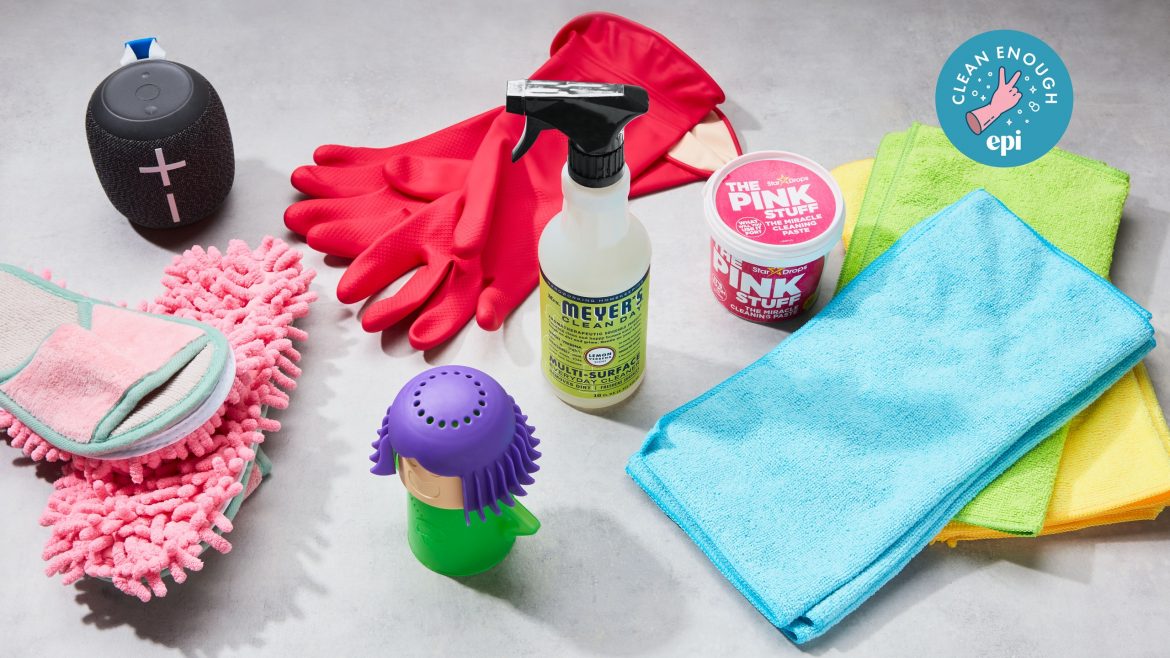In today's world, where environmental concerns are becoming increasingly important, it is crucial for individuals to take steps towards creating a more eco-friendly household. By adopting sustainable practices, we can reduce our carbon footprint, conserve resources, and contribute to a healthier planet. In this article, we will explore ten practical ways to make our households more eco-friendly, providing you with actionable tips that are both effective and easy to implement.
- Embrace Energy Efficiency:
One of the most impactful ways to create an eco-friendly household is by focusing on energy efficiency. Start by replacing traditional incandescent light bulbs with energy-efficient LED bulbs. Additionally, consider investing in energy-saving appliances and electronics that bear the Energy Star label. These products consume less energy, reducing both your electricity bills and environmental impact. - Optimize Water Usage:
Conserving water is another crucial aspect of an eco-friendly household. Install low-flow showerheads and faucets to minimize water wastage. Fix any leaks promptly, as even a small drip can waste significant amounts of water over time. Furthermore, consider collecting rainwater for gardening purposes, reducing the need for tap water. - Reduce, Reuse, Recycle:
The mantra of "reduce, reuse, recycle" is a fundamental principle of sustainability. Minimize waste by opting for products with minimal packaging and by purchasing in bulk. Reuse items whenever possible, such as using cloth bags instead of plastic ones. Implement a comprehensive recycling system in your home, ensuring that recyclable materials are properly sorted and disposed of. - Choose Sustainable Materials:
When it comes to furnishing your home or undertaking renovation projects, opt for sustainable materials. Look for furniture made from reclaimed or responsibly sourced wood. Consider using eco-friendly flooring options like bamboo or cork. By choosing sustainable materials, you support the preservation of natural resources and reduce the environmental impact of your household. - Compost Organic Waste:
Creating a composting system for organic waste is an excellent way to reduce landfill waste and produce nutrient-rich soil for your garden. Set up a compost bin in your backyard and compost fruit and vegetable scraps, coffee grounds, and yard waste. This not only reduces waste but also eliminates the need for chemical fertilizers. - Conserve Heating and Cooling:
Heating and cooling systems account for a significant portion of household energy consumption. To conserve energy, ensure your home is well-insulated to prevent heat loss during winter and heat gain during summer. Use programmable thermostats to regulate temperature settings efficiently. Consider using natural ventilation methods, such as opening windows strategically, to reduce reliance on air conditioning. - Go Solar:
Harnessing solar energy is an effective way to power your household while reducing reliance on fossil fuels. Install solar panels on your roof to generate clean, renewable energy. Not only will this significantly reduce your electricity bills, but it will also contribute to a greener environment by reducing carbon emissions. - Cultivate a Green Thumb:
Creating an eco-friendly household extends beyond the walls of your home. Start a garden and grow your own organic produce. By doing so, you reduce the carbon footprint associated with transportation and the use of pesticides. Additionally, plants improve air quality and provide habitat for beneficial insects, contributing to a healthier ecosystem. - Use Eco-Friendly Cleaning Products:
Many conventional cleaning products contain harmful chemicals that can negatively impact both human health and the environment. Opt for eco-friendly cleaning products that are biodegradable and free from toxic ingredients. Alternatively, you can make your own cleaning solutions using natural ingredients like vinegar, baking soda, and lemon juice. - Educate and Inspire Others:
Lastly, share your knowledge and experiences with others to inspire them to create eco-friendly households. Educate your family, friends, and community about the importance of sustainability and the positive impact of small lifestyle changes. By collectively working towards a greener future, we can make a significant difference in preserving our planet for future generations.
Conclusion:
Creating an eco-friendly household is not only beneficial for the environment but also for our own well-being. By implementing the ten practical tips mentioned above, we can significantly reduce our ecological footprint and contribute to a more sustainable future. Let's embrace these changes and inspire others to join us on this journey towards a greener, healthier planet.


